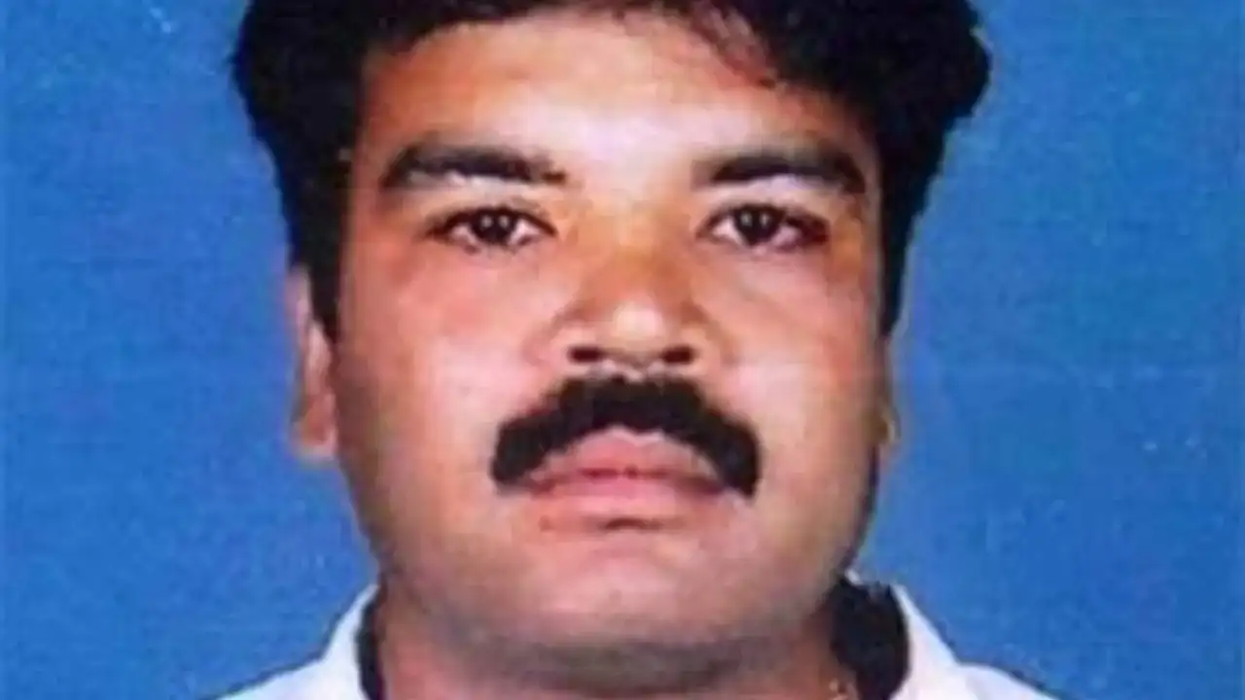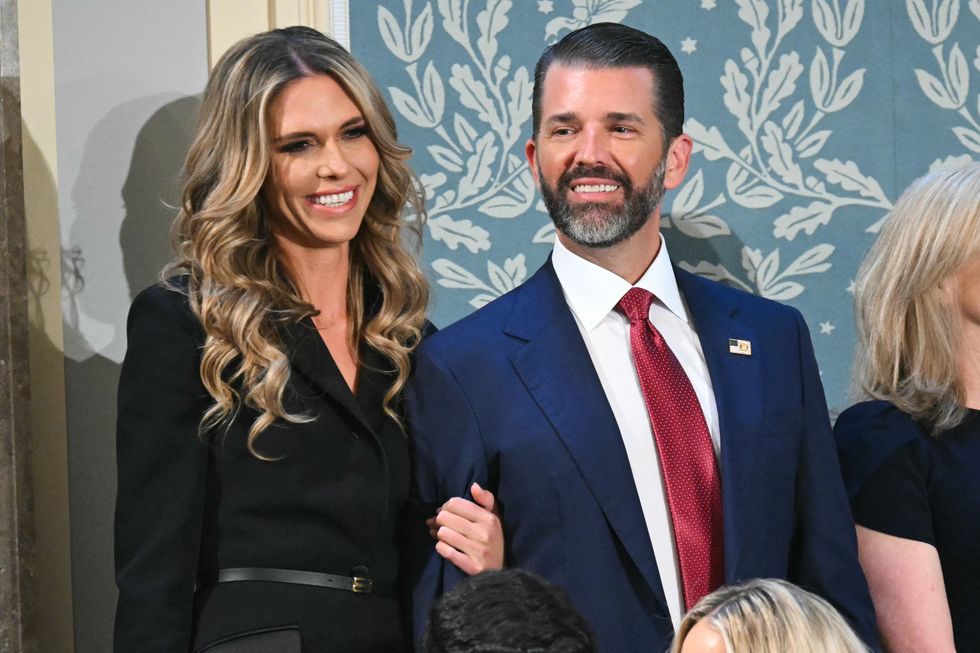The UK has launched a £6.85 million aid to protect high street supply chains in developing countries.
The funding will focus primarily on supply chains and workers in Myanmar, Bangladesh, Kenya, Uganda, Ethiopia, Tanzania, Rwanda and Ghana.
These countries provide huge proportions of the world’s food, flowers and clothes. Ghana alone produces a quarter of the world’s cocoa and Bangladesh is the world’s second largest garment exporter.
The aid, announced by International development secretary Anne-Marie Trevelyan, made up of £4.85 million UK aid and £2 million from businesses and will support nearly a million people in these countries, including workers and their families, an official statement said.
The UK imports 20 per cent of its food and drink from developing countries. The new vulnerable supply chains facility will help to ensure the steady supply of products like vegetables, coffee and clothes.
"The new facility will fund programmes to improve coronavirus preparedness in workplaces, help farmers diversify the crops they produce to meet demand, and provide support so farms and factories can put processes in place to keep production going and make sure help is getting to the most vulnerable workers," said Anne-Marie Trevelyan.
"As part of the scheme, the ethical trading Initiative will improve workplace health and safety for vegetable, coffee and flower suppliers to UK brands such as Sainsbury’s, Co-op, Waitrose and Tesco. It is estimated that 10,000 workers in African countries, mainly women, will benefit from safer working environments."
The UK aid fund will partner up UK businesses including Morrisons, Tesco, Marks & Spencer and Primark with expert organisations such as CARE UK, the Fairtrade Foundation and the Ethical Trading Initiative to improve working conditions and support greater access to healthcare and health information for workers in some of the world’s poorest countries.
“The east African agricultural workers who supply so much of our food and flowers have been hit hard by Covid-19, and DFID’s support for this intervention will help protect thousands of jobs, and protect workers from infection as the regional economy begins to recover," said Peter McAllister, executive director at Ethical Trading Initiative.
Marks & Spencer and CARE will work together to improve health services for 80,000 factory workers in Bangladesh. The programme will strengthen community health care systems and deliver targeted health messaging in factories to help employees keep themselves and their families safe. This is expected to have knock-on benefits for a further 300,000 people in Bangladesh’s poorest communities.
Disruptions to flights during the pandemic have affected UK imports of flowers from Kenya. The new scheme will help suppliers to ship flowers to the UK instead, protecting the livelihoods of farmers in Kenya and helping keep British florists stocked.
Fiona Sadler, head of ethical trading for M&S said, “At M&S we have a robust approach to ethical fashion - we know we’re only as strong as the communities where we operate and we’re committed to helping improve the lives of workers in our supply chain through collaborative initiatives."
Kenyan company Kakuzi, which sells avocados to several UK supermarkets, was badly hit by the pandemic. With the help of the ethical trading initiative, it has already implemented hand washing stations at packing plant entrances as well as introducing regular temperature checks for its staff – helping to keep workers healthy and maintain this supply chain. The vulnerable supply chains facility will support other businesses to implement similar measures.
Overall, more than 200,000 workers in agriculture and nearly 120,000 garment workers are expected to benefit from the facility. The improvements to these people’s working lives will indirectly benefit a further 650,000 people, including workers’ families and children, taking the total number of people in developing countries helped by the scheme to nearly one million (970,000), the statement further said.
Judith Batchelar, director of Sainsbury's Brand, said that the new initiative further demonstrates its commitment to trading ethically and making a positive difference to the communities we source from.
Other partners working with the fund include Arco, Dimensions, Primark, Impactt, Monsoon and VC Corporation, Goodweave, Awaj Foundation, FNET, MM Flowers, Women Working Worldwide, Coventry University, Flamingo, Minor, Weir & Willis, Union Roasted and Mondelez International.

















 All eyes on Donald Trump Jr and Bettina Anderson as their PDA grabs attention before Trump’s arrivalGetty Images
All eyes on Donald Trump Jr and Bettina Anderson as their PDA grabs attention before Trump’s arrivalGetty Images  Donald Trump Jr and girlfriend Bettina Anderson steal the spotlight with PDA at New Jersey airportGetty Images
Donald Trump Jr and girlfriend Bettina Anderson steal the spotlight with PDA at New Jersey airportGetty Images  Donald Trump Jr. and Bettina Anderson depart the White House to attend the Military ParadeGetty Images
Donald Trump Jr. and Bettina Anderson depart the White House to attend the Military ParadeGetty Images  Bettina Anderson and Donald Trump Jr spotted in a candid moment Getty Images
Bettina Anderson and Donald Trump Jr spotted in a candid moment Getty Images  Donald Trump Jr. with Bettina Anderson ahead of US President Donald Trump's addressGetty Images
Donald Trump Jr. with Bettina Anderson ahead of US President Donald Trump's addressGetty Images 
